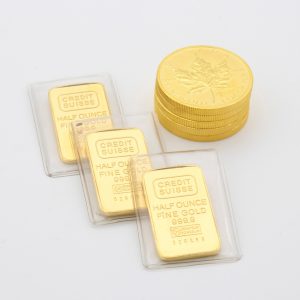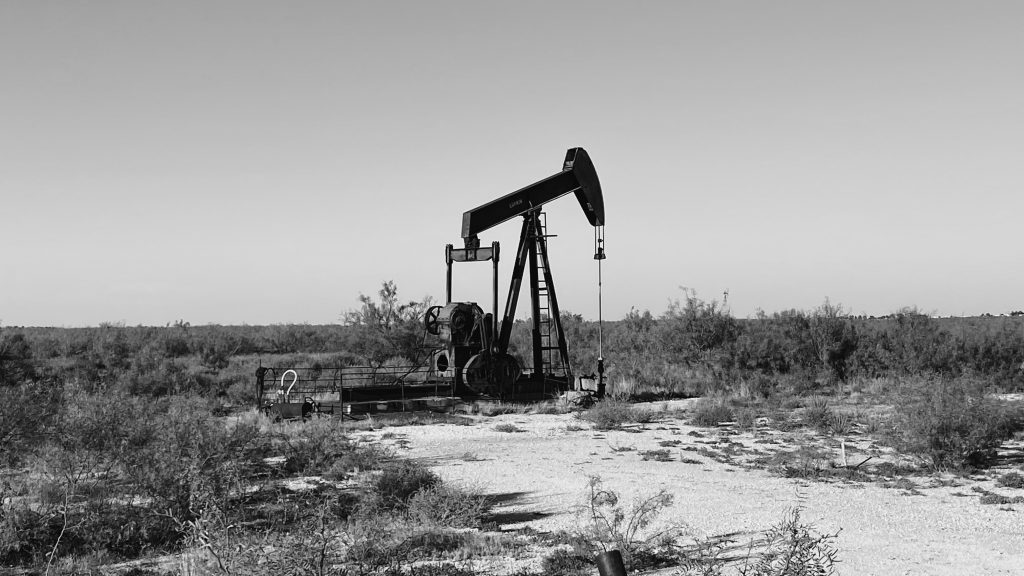
Investing in commodities such as gold, silver, crude oil, and natural gas can be a lucrative return on investment. Commodities provide many unique opportunities for investors and offer a wide range of options for diversifying risk. In this guide, investors will learn about the rewards and risks of investing in commodities. Also the different marketplaces for trading commodities, and the key considerations to keep in mind when investing in these assets.
What Are Commodities?
Commodities are physical assets that are interchangeable and can be purchased and sold in bulk on the commodities market. They are the basic building blocks of the economy and serve as a basis for economic growth. Examples of commodities include gold, silver, crude oil, gas, wheat, and corn. Investing in commodities allows investors to gain exposure to a variety of different markets and gain access to returns that incorporate factors that are specific to that particular market. You can find commodity prices in Teletrader.
Scarcity is Key
As commodities are physical assets, their availability is limited. They cannot be artificially produced, and prices will generally increase with increasing scarcity. This makes scarcity an important factor to consider when investing in commodities. When this sort of asset is scarce, meaning that there is a limited supply of it, it becomes more valuable because it is in higher demand relative to the available supply. Conversely, when a commodity is abundant, meaning that there is a plentiful supply of it, its value decreases because there is less demand for it relative to the available supply.
Marketplaces for Trading Commodities
There are numerous marketplaces for trading commodities. Marketplaces such as the New York Mercantile Exchange (NYMEX), the London Metal Exchange (LME), and the Tokyo Commodity Exchange (TOCOM) are used to trade in a variety of this type of asset.
Risk and Return
Like with all other assets, investing in commodities carries both risk and potential reward. They are subject to many of the same risks as other investments, such as economic and political developments, as well as market forces such as supply and demand. Prices may also be volatile due to movements in the global currency markets. Another significant risk associated with commodity investing is the impact of economic and political developments. For example, a sudden shift in government policies or regulations can have a significant impact on the demand for a particular commodity, which can in turn affect its price. Similarly, changes in global economic conditions or major events such as natural disasters can also affect commodity prices
Key Considerations when Investing in Commodities
When investing in commodities, there are several key considerations to keep in mind. Investors should always do their due diligence before investing and be sure to understand how the market operates, the different market participants, and the different strategies available. Investors should be aware of the various risks associated with investing in commodities and be aware of any potential returns they may receive.
Exchange Traded Funds (ETFs)
Exchange Traded Funds (ETFs) are a popular way for investors to gain exposure to the commodities market without having to directly purchase them. ETFs track the performance of a basket of commodities and provide investors with an easy and cost-effective way to diversify their portfolios.
One of the key benefits of investing in commodity ETFs is the ease and convenience they offer. Instead of having to directly purchase and store the physical form of the asset, investors can buy and sell shares in ETFs just like stocks. This provides a more cost-effective and accessible way to gain exposure to the market. ETFs also offer greater flexibility and diversification. Investors can choose from a variety of different assets and invest in multiple ETFs to create a diversified portfolio.
Another advantage of investing in commodity ETFs is that they provide greater transparency and liquidity. As opposed to investing directly in commodities. ETFs are required to disclose their holdings and provide regular updates on their performance, making it easier for investors to track their investments. They are also traded on major stock exchanges, providing investors with greater liquidity and the ability to buy and sell shares quickly and easily.
Conclusion
Investing in commodities can be a rewarding experience for investors who understand the risks and potential returns associated with them. This market is a complex and diverse one. It is important for investors to do their due diligence and understand the various considerations to keep in mind before investing. By doing so, investors can make informed and strategic investment decisions, both short and long term.

